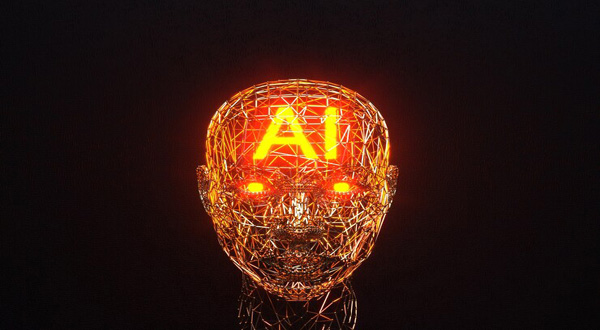What Is Artificial Intelligence Best Defined As?
- Update Time : Monday, March 4, 2024
- 23 Time View

What Is Artificial Intelligence Best Defined As?: In today’s rapidly evolving technological landscape, the term “artificial intelligence” (AI) has become increasingly common. But what exactly does it mean? Let’s delve into the world of AI and uncover its true essence.
Introduction to Artificial Intelligence
Artificial Intelligence, often abbreviated as AI, refers to the simulation of human intelligence in machines programmed to perform tasks that typically require human intelligence. These tasks include learning, reasoning, problem-solving, perception, and language understanding.
Understanding AI: A Simple Analogy
Imagine AI as a digital brain, capable of processing vast amounts of data, making decisions, and learning from experiences. Just like how we learn from our surroundings and adapt, AI systems can analyze information and adjust their actions accordingly.
The Foundation of AI
Machine Learning: Teaching Computers to Learn
Machine learning is a subset of AI that focuses on the development of algorithms enabling computers to learn and improve from experience automatically. It’s like teaching a child to ride a bicycle – through trial and error, the system becomes more proficient at the task.
Neural Networks: Mimicking the Human Brain
Neural networks are AI systems inspired by the structure and function of the human brain. They consist of interconnected nodes, similar to neurons, that process information and recognize patterns, enabling machines to perform tasks like image recognition and natural language processing.
Read More: What is the Best Definition of Artificial Intelligence by Authors?
Applications of Artificial Intelligence
AI in Everyday Life
From virtual assistants like Siri and Alexa to personalized recommendations on streaming platforms, AI is seamlessly integrated into our daily lives, enhancing convenience and efficiency.
AI in Healthcare
In the healthcare sector, AI aids in diagnosing diseases, analyzing medical images, and even predicting patient outcomes, revolutionizing the way medical professionals deliver care.
AI in Autonomous Vehicles
The development of self-driving cars showcases AI’s potential in transportation, where algorithms enable vehicles to navigate roads, interpret traffic signals, and make split-second decisions to ensure passenger safety.
The Future of Artificial Intelligence
Ethical Considerations
As AI continues to advance, ethical considerations surrounding privacy, bias, and job displacement come to the forefront, emphasizing the importance of responsible AI development and implementation.
Collaborative Intelligence
The concept of collaborative intelligence envisions a future where humans and AI work together synergistically, leveraging each other’s strengths to solve complex problems and drive innovation.
Conclusion
In conclusion, artificial intelligence represents a remarkable fusion of science, technology, and human ingenuity, paving the way for unprecedented advancements across various domains. As we navigate this transformative era, understanding the essence of AI empowers us to harness its potential responsibly and ethically.
Read More: Unraveling the Mystery of Artificial Intelligence
Table of Contents
| Sr | Headings |
|—–|————————————————|
| 1. | Introduction to Artificial Intelligence |
| 2. | The Foundation of AI |
| 3. | Applications of Artificial Intelligence |
| 4. | The Future of Artificial Intelligence |
| 5. | Conclusion |
FAQs (Frequently Asked Questions)
- What are the main components of artificial intelligence?
Artificial intelligence comprises various components such as machine learning, neural networks, natural language processing, and robotics.
- How is artificial intelligence different from human intelligence?
While artificial intelligence mimics human intelligence in many aspects, it primarily operates based on algorithms and data, lacking human emotions and consciousness.
- What are some ethical concerns associated with AI?
Ethical concerns related to AI include issues of privacy, bias in algorithms, job displacement due to automation, and the potential misuse of AI technologies.
- Can artificial intelligence replace human jobs entirely?
While AI has the potential to automate certain tasks, it is unlikely to replace human jobs entirely. Instead, it is expected to augment human capabilities and create new job opportunities.
- How can we ensure responsible AI development and deployment?
Responsible AI development involves promoting transparency, accountability, and inclusivity in the design and implementation of AI systems, along with continuous monitoring and evaluation to mitigate potential risks.
By addressing these FAQs, we aim to provide clarity and insight into the multifaceted realm of artificial intelligence.












